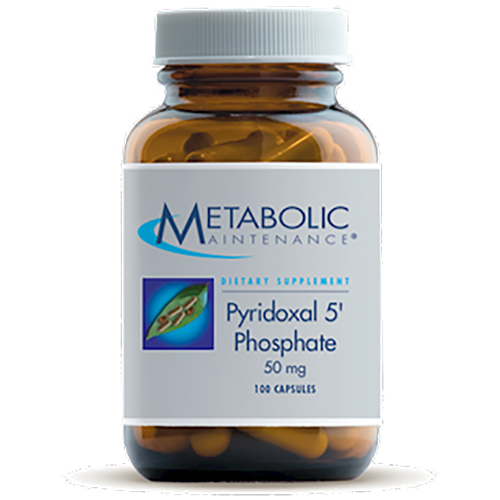PLP is involved in the synthesis of a number of neurotransmitters, including serotonin, dopamine, and gamma-aminobutyric acid (GABA). These neurotransmitters play important roles in regulating mood, appetite, and sleep, among other functions. By helping to produce these neurotransmitters, PLP may have a role to play in the treatment of various mental health disorders, including depression, anxiety, and schizophrenia.

In addition to its role in neurotransmitter synthesis, PLP is also involved in the metabolism of amino acids. Specifically, it is involved in the conversion of tryptophan to niacin, which is an essential B vitamin. PLP is also involved in the metabolism of homocysteine, an amino acid that has been linked to an increased risk of heart disease and stroke.
One of the unique features of PLP is its ability to act as a coenzyme in a wide range of enzymes. This versatility allows it to be involved in a broad range of biochemical reactions in the body. For example, PLP is involved in the breakdown of glycogen, the storage form of glucose in the liver and muscles. It is also involved in the synthesis of heme, which is a component of hemoglobin, the protein that carries oxygen in the blood.
Given its important role in so many biochemical processes, it's no wonder that PLP deficiency can have serious consequences for overall health. Inadequate levels of PLP have been linked to a range of conditions, including anemia, seizures, and neurological disorders.
Fortunately, there are a number of dietary sources of vitamin B6, which can help ensure adequate PLP levels in the body. Good dietary sources of vitamin B6 include meat, fish, whole grains, and vegetables such as spinach and potatoes.
Overall, the importance of PLP in the body cannot be overstated. From neurotransmitter synthesis to amino acid metabolism and beyond, this coenzyme plays a critical role in a wide range of biochemical processes. By ensuring adequate intake of vitamin B6, we can help support the many important functions of PLP and promote overall health and wellbeing.